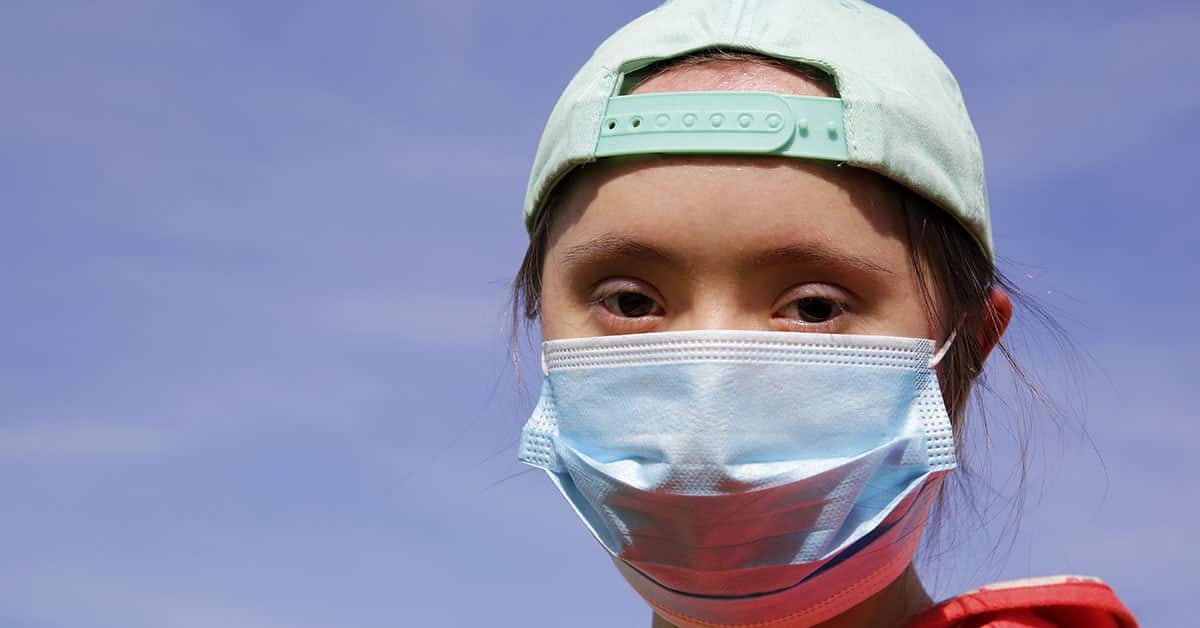It’s all hands on deck as medical researchers race to find a COVID-19 vaccine as soon as possible. Although there’s no solution in sight just yet, the world is poised and ready for action, preparing to distribute the long-awaited vaccine as soon as it is available.
Illusions of joy aside, when the vaccine finally arrives, there likely won’t be enough of it to go around.
To make things work, the government is developing a plan. They are prioritizing vulnerable populations, distributing the vaccine first to those who need it most. This isn’t a bad thing, in and of itself. The most vulnerable people should be getting the vaccine first to help protect them from the worst effects of the virus.
But the question remains: who does the government deem to be a member of a ‘vulnerable population’? Who is considered a priority?
Does Being ID/D Put You At Higher Risk For COVID-19?
The CDC lists the following individuals as those who may have increased susceptibility to the virus:
- Those with limited mobility who rely on the close physical support of care workers and family members.
- Those who struggle with cognition and find it difficult to understand information related to COVID, including following health guidelines and social distancing.
- Those who struggle to communicate symptoms of illness.
However, the CDC also states that a disability is not necessarily an indicator that you are more vulnerable to the virus itself unless you have an underlying medical condition.
In comparison, a study in the Disability and Health Journal from July 2020 shows the following statistics:
- IDD individuals have a higher risk factor because of co-morbidities like high blood pressure, heart disease, and diabetes, and more – all of which are risk factors that lead to poor outcomes with regard to COVID.
- Even though fatality rates are strikingly similar for those with IDD and those without, the IDD group had higher fatalities in the 18 – 74 and the 0 – 17 age range.
ID/D individuals are a higher risk for coexisting conditions. They require regular support, and many lack the skills necessary to communicate symptoms. In a worst-case scenario, this may become the perfect storm of COVID vulnerability.

Will Vaccine Rollouts Include ID/D Individuals?
Given this information, will individuals with intellectual and developmental disabilities be hung out to dry when a vaccine is ready? According to new information, individuals with disabilities, in particular ID/D folks, will not be among those prioritized in the first rollout.
In early September, the National Academies of Sciences, Engineering, and Medicine released an initial draft of their four-stage plan for the COVID vaccine. The first phase included front-line health care workers, seniors living in congregate settings, and people with high-risk conditions. Unfortunately, there was no mention of people with I/D disabilities; not until phase two, which included only those living in group homes.
Disability advocates of all stripes have condemned this move, citing the higher rate of fatality from COVID among ID/D individuals. If you would like to learn more about what we are doing to support the ID/D population, reach out today.

































































